10 Movies That Are Better When You're An Adult (original) (raw)
According to Dr. Seuss, "Adults are just obsolete children," a piercingly accurate statement that highlights the drawbacks associated with growing up. On the other hand, while kids are certainly more innocent, they are also naive. Their relatively rudimentary viewpoints often cannot perceive finer distinctions in moral spaces — in a child's mind, blacks and whites rarely resolve into fields of grey.
More importantly, kids tend to have a surface-level understanding of the movies created for them, whereas adults are comfortable with abstract concepts like death, spirituality, and allegory. As such, there are quite a few films that viewers ought to rewatch as adults.
10 Mary Poppins (1964) Has A Couple Of Poignant Moments That Fly Over Younger Heads In The Audience
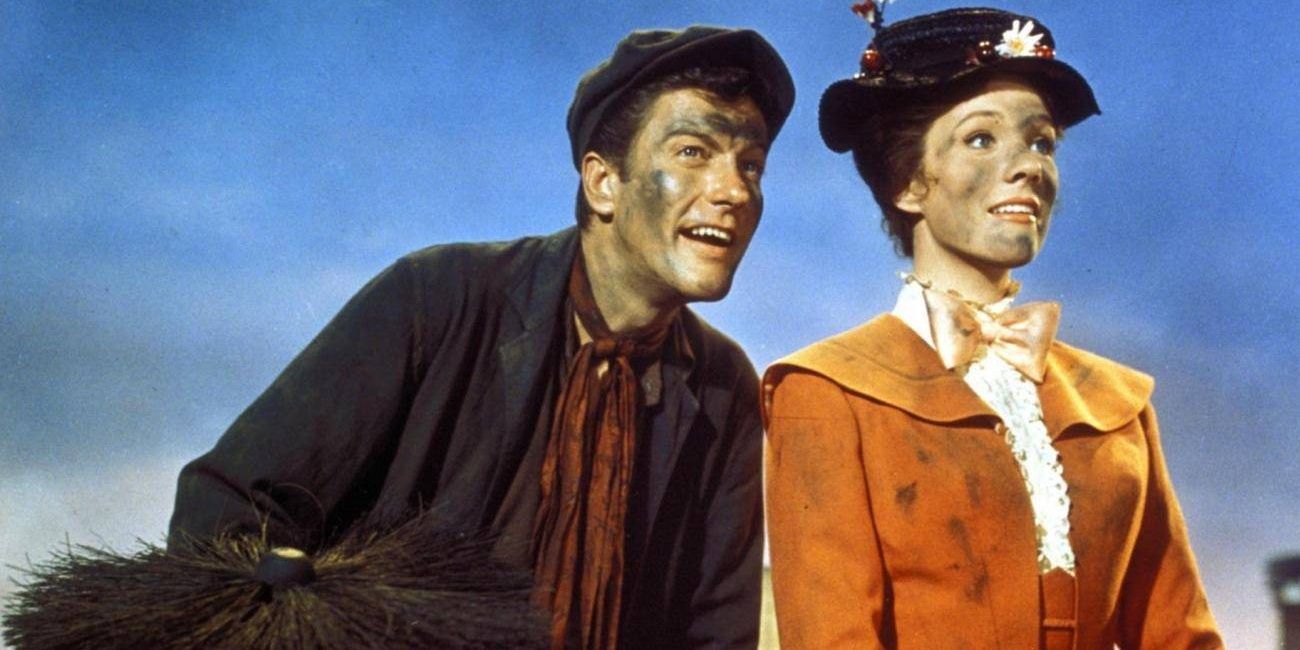
The uplifting story of a magical nanny captures the hearts of everyone who watches Mary Poppins, regardless of age. Julie Andrews and Dick Van Dyke's performances are extraordinarily engaging, and the film's musical score is as unique as it is influential.
Mary Poppins is widely regarded as one of the finest live-action Disney features ever produced. Songs like "A Spoonful of Sugar" and "Supercalifragilisticexpialidocious" are ideal fare for children, but Mary Poppins has a couple of sentimental moments aimed at older viewers. Walt Disney claimed that "Feed the Birds", a particularly poignant song about "the value of charity", served as "the metaphor for the whole film."
9 Young Viewers Are Unlikely To Relate With Carl's Feelings Of Utter Loneliness in Up (2009)

Up shifts into fourth gear when Russell accidentally finds himself a passenger on the balloon-house, but the first few minutes of the film tell a completely different story. Carl and Ellie are inseparable from the moment they meet, and decide to spend their lives together.
Up eschews dialogue in its portrayal of their marriage, a candid summary of their highs and lows, which only makes Ellie's inevitable death all the more distressing. Children may be able to grasp the significance of the moment, but they are unlikely to empathize with the feeling of utter loneliness Carl experiences after losing his soulmate.
8 Freaky Friday (2003) Highlights The Difficulties Of Raising Children As A Single Mother
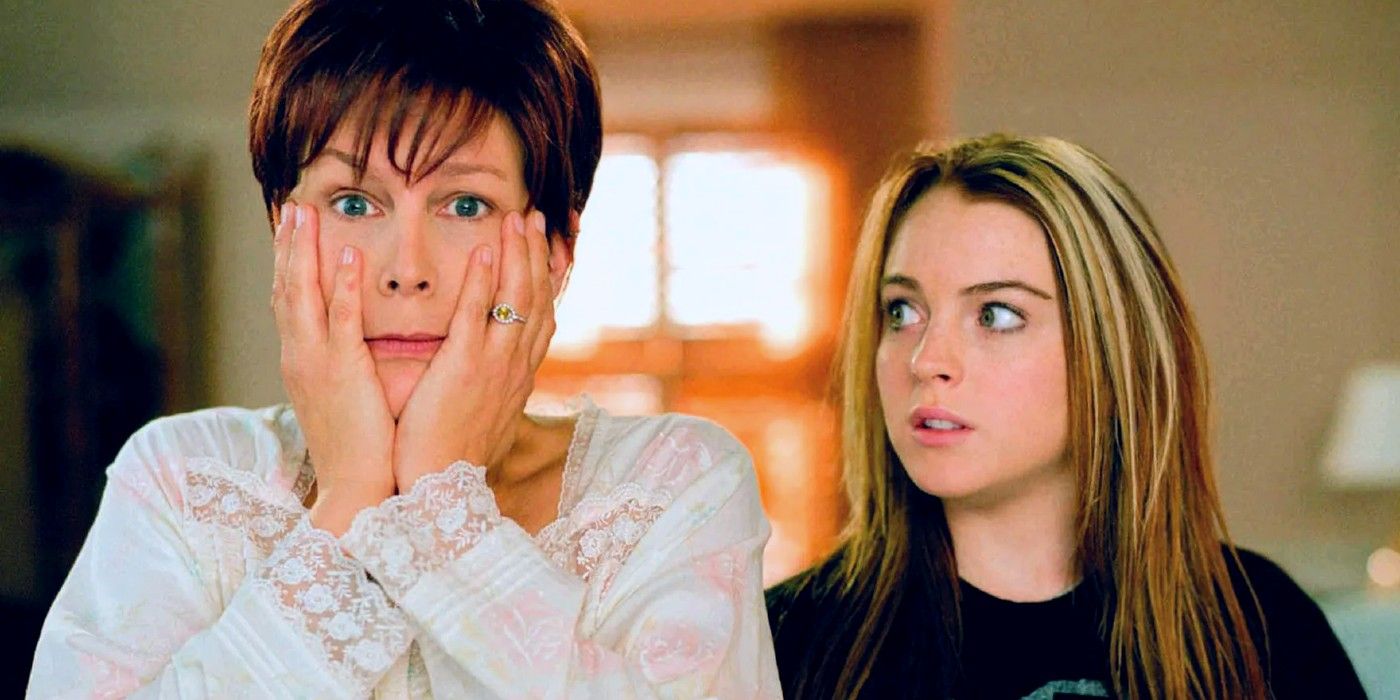
Freaky Friday, Mary Rodger's bestselling novel, has been adapted on multiple occasions, but the most famous film version stars Lindsay Lohan and Jamie Lee Curtis. Mom Tess and daughter Anna switch bodies overnight, forcing them to navigate the other's life without arousing suspicion.
Jamie Lee Curtis' performance has been called "frisky and pouty and incandescent," and Lohan was praised for her "intent focus beneath her teenage persona." The two actresses transform Freaky Friday's threadbare concept into comedic gold, while simultaneously demonstrating the difficulties of raising two children as a single mother.
7 The Lego Movie Franchise Is An Advanced Course In Pop-Culture Comedy
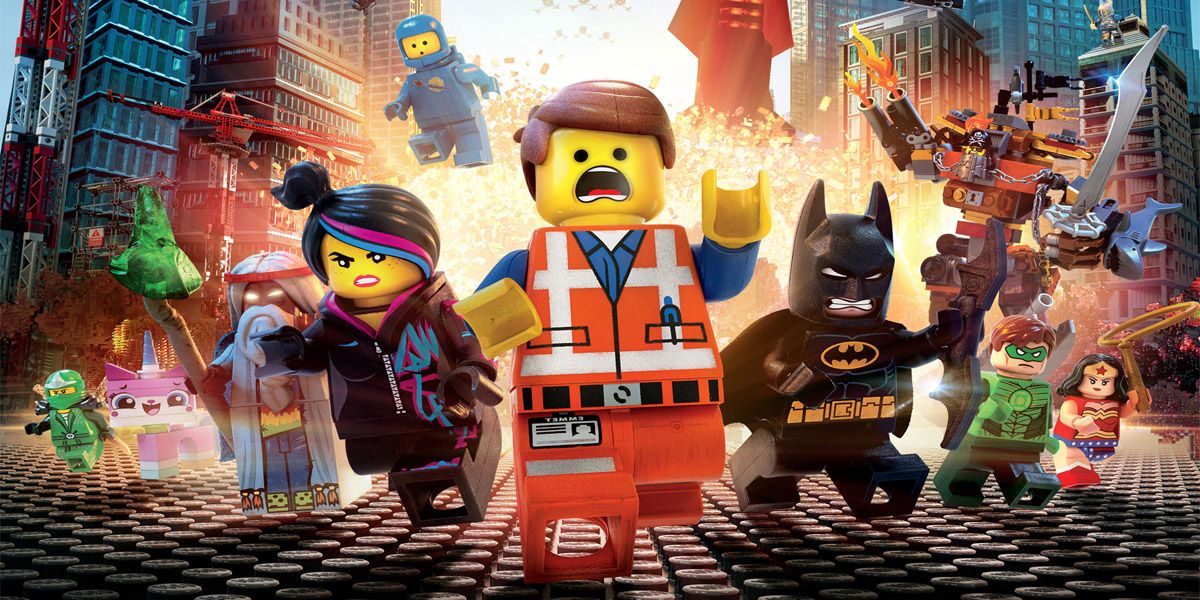
The Lego Movie franchise has earned critical acclaim since the release of the first film. Critics complimented The Lego Movie (2014) for its animation style and parodic themes, but pointed out that "pop-culture jokes [would] ricochet off the heads of younger viewers to tickle the world-weary adults."
The Lego Batman Movie, however, takes superhero easter eggs to the next level, far beyond the cultural knowledge of most kids in the audience. It alludes to dozens of Batman movies, animated shows, and comic books; as well as DC heroes and villains like Superman, Wonder Woman, the Joker, and the Mutant Leader. One of the best things about The Lego Movie is that it succeeds at every level.
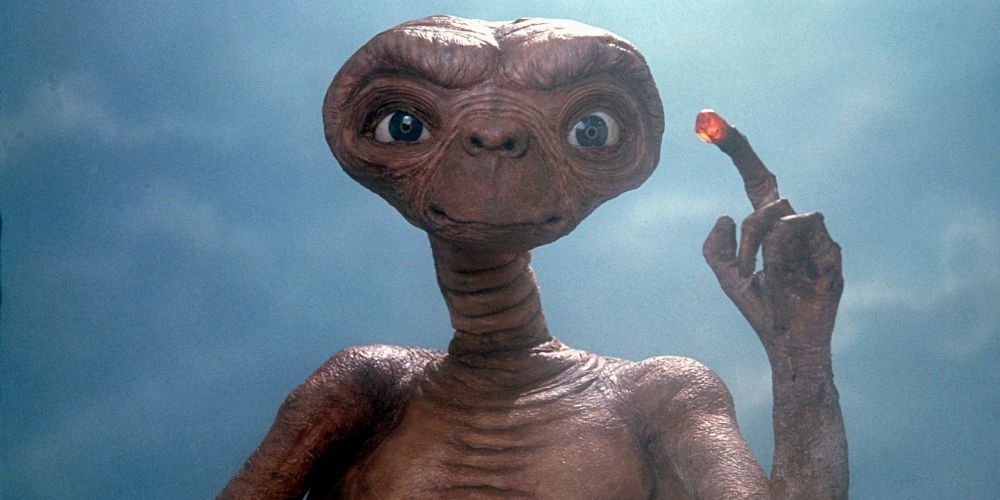
E.T. the Extra-Terrestrial is almost entirely centered around its younger characters, including Elliot, Gertie, Tyler, and Michael. The children struggle to keep their beloved alien friend safe for as long as possible, eventually returning him to the safety of his spaceship.
AlthoughE.T. is generally lighthearted in tone, the narrative delves into the nuances of director Steven Spielberg's own childhood, with The Washington Post noting that the film was "essentially a spiritual autobiography [...] of the filmmaker." Other reviewers have identified Christian symbolism littered throughout the film — practically unfathomable notions to young viewers.
5 Inside Out (2015) Illustrates The Similarities Between Riley's Experiences And Her Parents'
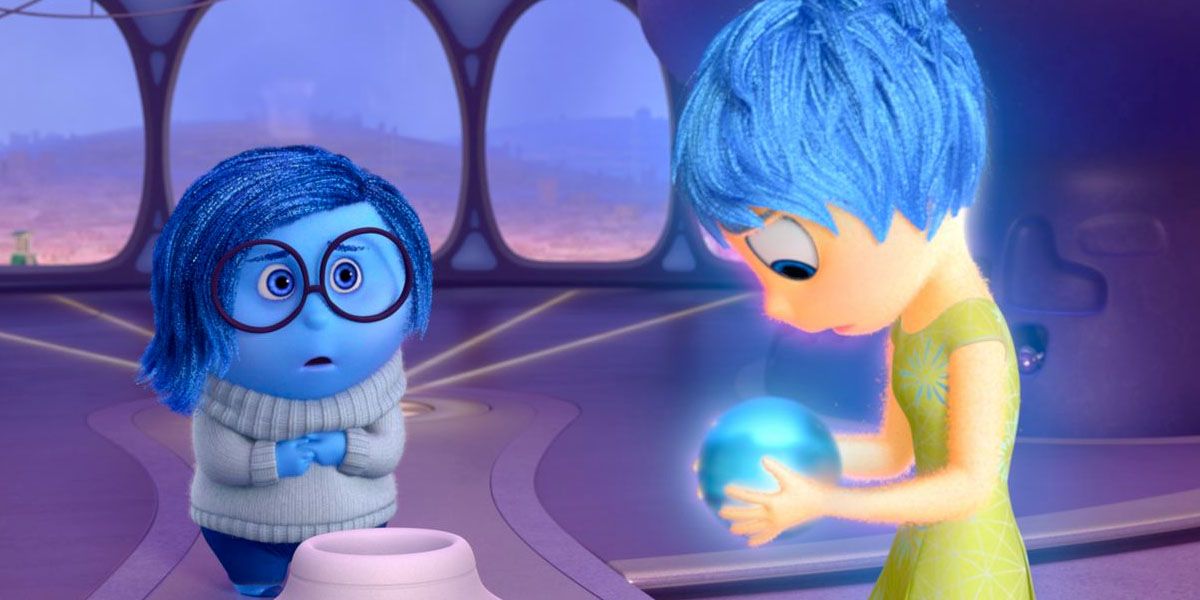
Inside Out was never meant to be a scientifically accurate depiction of an individual's emotions, but their embodiments are nevertheless relatable, even if slightly diluted. Riley's emotional configuration is severely disturbed when her idyllic life is uprooted and replanted in the middle of a chaotic metropolis.
Inside Out's delightful charm is more than enough to fuel its memorable plot, but viewers focused on Riley might fail to notice the parallels with her parents' experiences. Her dad's chief emotion is revealed to be Anger, whereas her mom's happens to be Sadness. Older members in the audience would instantly join the dots.
4 Meet The Robinsons (2007) Contains Narrative Subtleties Designed For Older Viewers
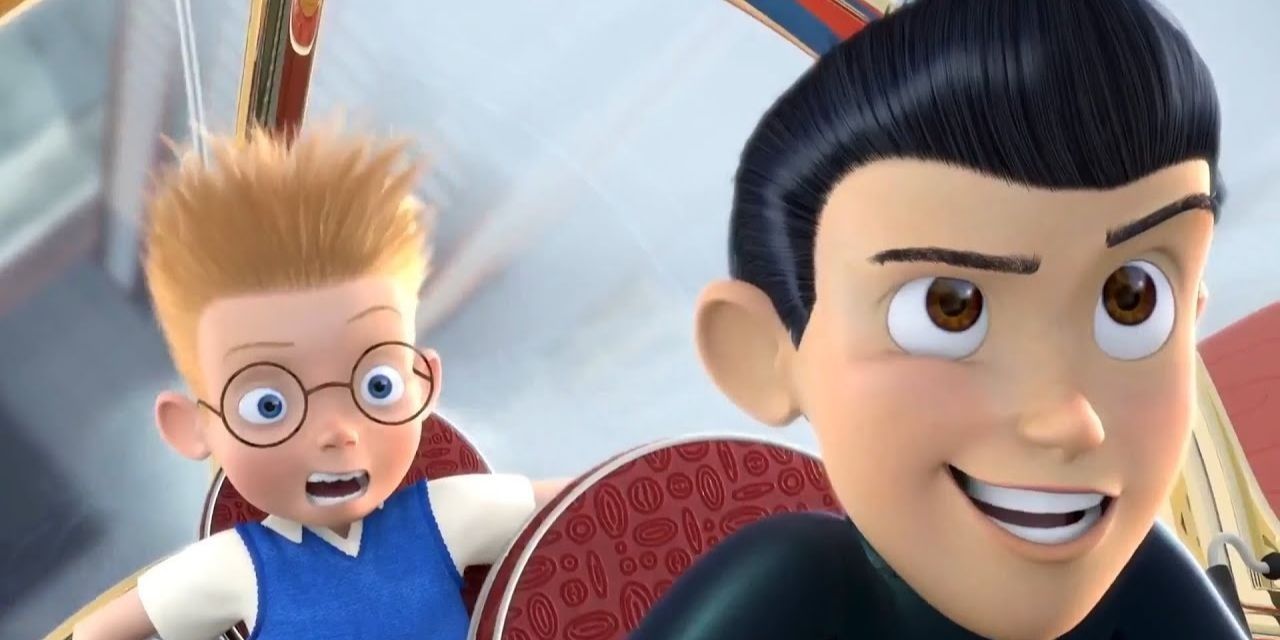
Meet the Robinsons is a parable on the virtues of patience, humility, mercy, and, perhaps most importantly, generosity. Wilbur and Lewis team up to defeat a man they believe to be a fiendish villain, but they are deeply moved by the Bowler Hat Guy's harrowing childhood.
Lewis successfully prevents an apocalyptic timeline and even saves Goob from turning into Bowler Hat Guy. Meet the Robinsons' time-travel concept gets confusing in places, but the overarching message is crystal clear: blood isn't always thicker than water. Viewers need to be old enough to parse the narrative subtleties anchoring the film in place.
3 Fantastic Mr. Fox (2009) Has Several Elements That Could Confuse Young Viewers
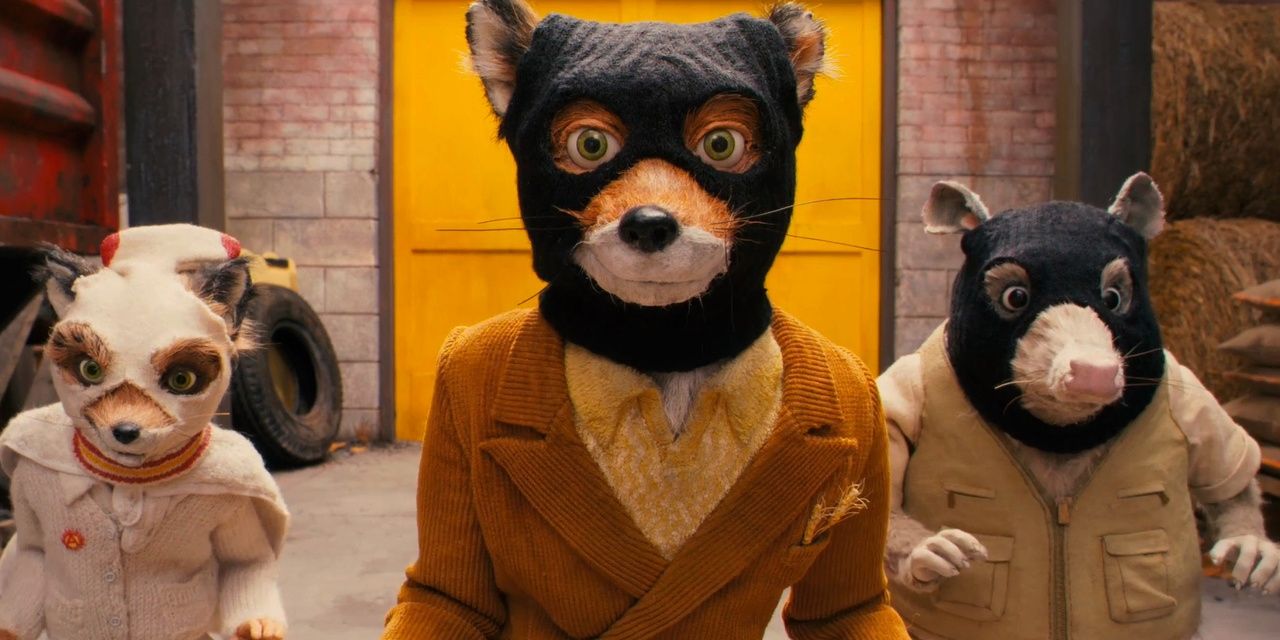
Wes Anderson's filmmaking style is unprecedented — while his stories tend to be comically absurd, they are also packed with an array of complex motifs, such as loss, melancholy, and flawed family dynamics. Based on a novel by Roald Dahl, Fantastic Mr. Fox garnered widespread praise for its "multi-generational appeal" and "old-school animation" style."
The stop-motion film was made with children in mind, explaining why it lacks "the darker elements that characterize Dahl's books." That said, Fantastic Mr. Fox contains more than a few elements that "children may find [...] perplexing or scary."
2 School Of Rock (2003) Delivers Rock Music References That Adults Are Far More Likely To Enjoy
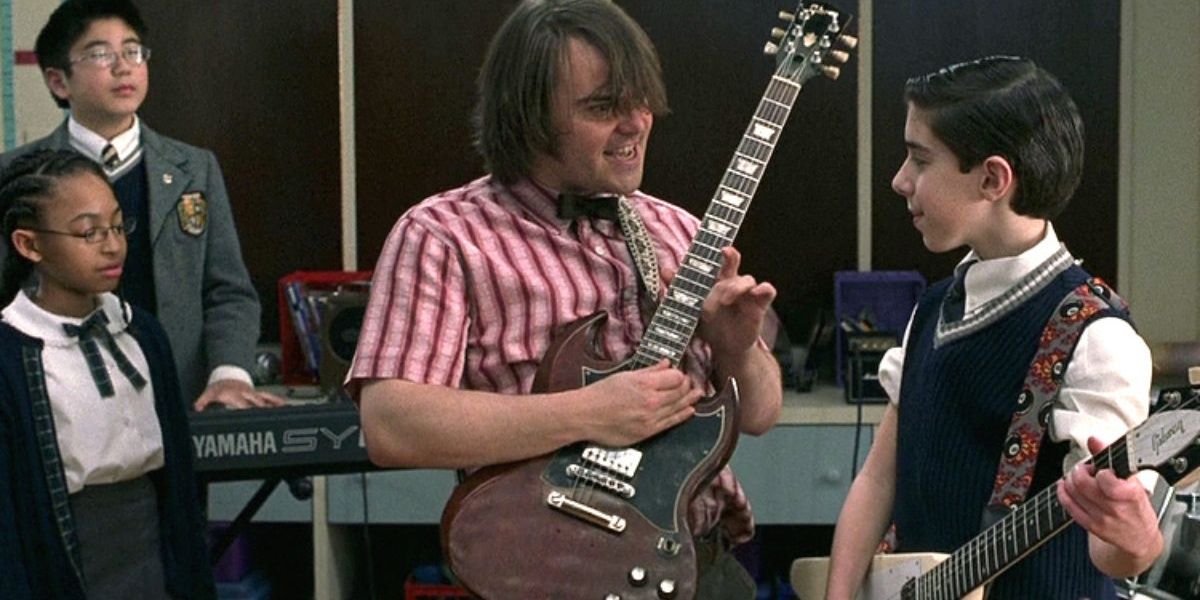
School of Rock is a love letter to the Rock and Heavy Metal genres that dominated the '70s and '80s, viewed through the hilariously anachronistic perspective of its protagonist. Dewey Finn fakes his way into a substitute teaching job, where he encourages a class of fourth-graders to find their inner rockstars.
School of Rock owes the bulk of its charm to the chemistry between Dewey and his students, which consequently bridges the gap between the story and its younger viewers. At the same time, adults are far more likely to enjoy the musical numbers in the film, especially those by AC/DC, Black Sabbath, The Who, Cream, The Clash, Metallica, The Doors, Stevie Nicks, and David Bowie.
1 Oliver! (1968) Camouflages The Miserable Reality Of Its Orphan Characters Behind Flippant Lyrics And Jaunty Music

Oliver! managed to outclass the award-winning stage musical it was adapted from, a rather remarkable achievement for a film. It won Best Picture at the Oscars and the Golden Globes, not to mention receiving universal recognition, even from critical stalwarts like Pauline Kael.
Despite its roster of vibrant songs and adorable characters, Oliver! doesn't stray beyond the thematic confines of Charles Dickens' Oliver Twist. The movie narrative camouflages the miserable reality of orphans during the Industrial Revolution behind flippant lyrics and jaunty music.